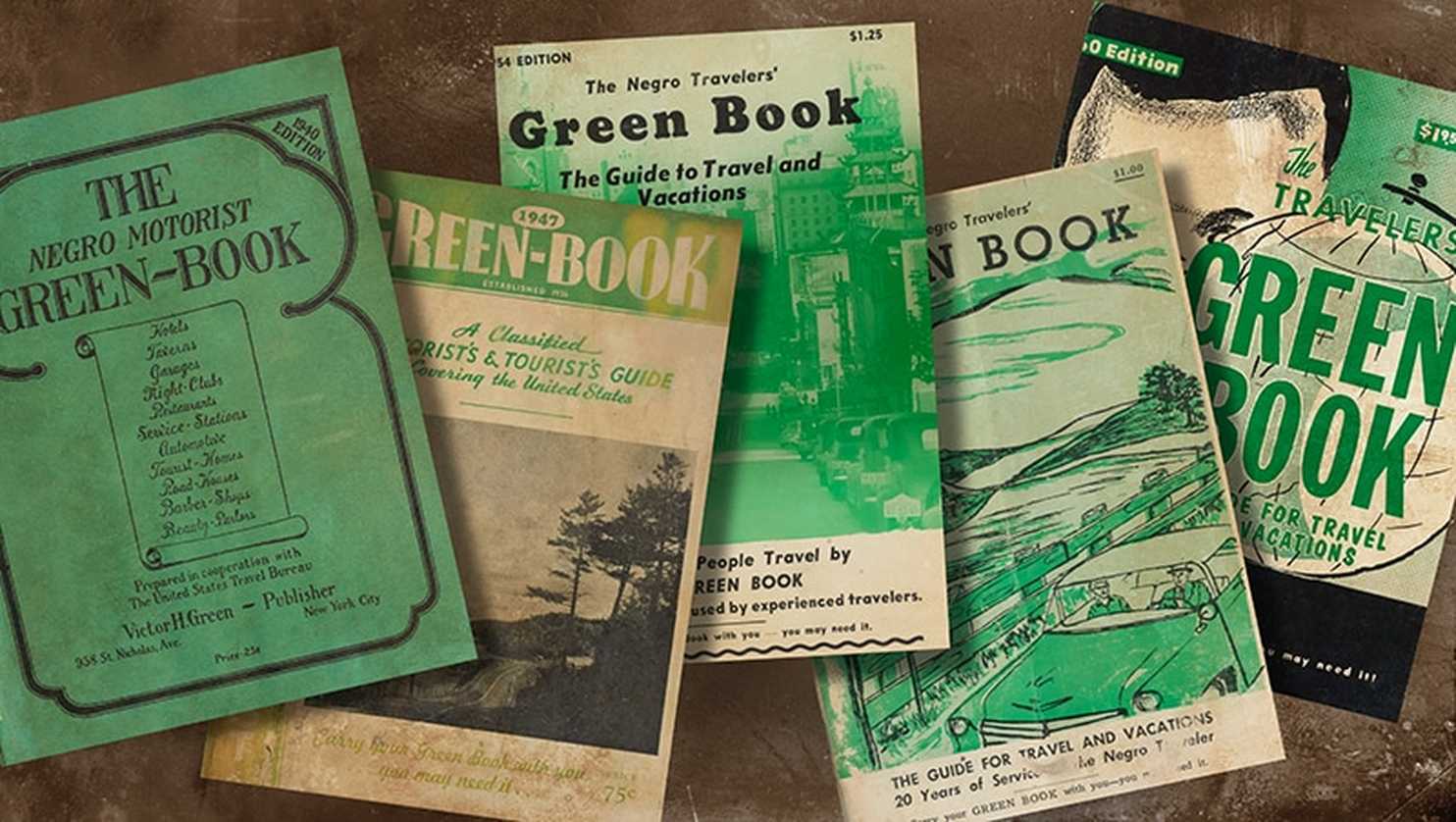(ThyBlackMan.com) Last year, the NAACP Board of Directors issued a formal travel advisory for the state of Florida. The advisory was issued in direct response to the restrictive policies concerning Florida’s diversity, equity, and inclusion programs led by Gov. Ron DeSantis. So far, the efforts to encourage people to avoid Florida as a vacation spot have had little impact on the state’s tourism. Orlando remains the most-visited city in the United States.

While travelers may be fully opposed to the state’s controversial policies, individuals and families do not favor altering their vacation destinations. Vacationing at popular theme parks such as Disney World can become a safe escape from the constant negativity and polarization caused by daily politics. “Travel has always transcended politics,” said Stacy Ritter, the president and chief executive of Visit Lauderdale, the Fort Lauderdale tourism organization. “People have always traveled to places where they don’t agree with the politics because they want to see something new, different. They want an experience. They want a vacation.”
While Ritter’s statements may be true for the 2024 traveler, one cannot forget how “White Only” policies from the Jim Crow era meant that Black travelers often could not find safe places to eat and sleep since many municipalities banned Blacks after dark. Those so-called “Sundown Towns” were located across the country. As a result, for nearly 30 years, a guide called the Negro Motorist Green Book listed establishments in segregated strongholds such as Alabama and Mississippi. It also covered areas from Connecticut to California—any place where its readers might face discrimination or danger due to the color of their skin.
The Green Book provided an extensive list of hotels, guest houses, service stations, drug stores, taverns, barber shops, and restaurants known as safe havens for Black travelers. First published in 1936, it was the creation of Harlem-based postal carrier Victor Hugo Green, who was inspired by earlier books addressed to Jewish audiences. By the early 1940s, the Green Book boasted thousands of establishments from across the country, all of them either Black-owned or verified to be non-discriminatory. The Green Book editors ended the introduction of the 1948 edition by stating, “There will be a day sometime in the near future when this guide will not have to be published. That is when we as a race will have equal opportunities and privileges in the United States. It will be a great day for us to suspend this publication for then we can go wherever we please, and without embarrassment.”
Eventually, the authors concluded that publication of the Green Book was no longer needed, thus signaling a point of social progress and achievement resulting from the civil rights movement. In 1964, the Civil Rights Act banned segregation in restaurants, theaters, hotels, parks, and other places. Two years later, the Green Book was no longer published. In 2024, we are seeing many hard-fought achievements being slowly eroded by state governments and courts. This is why those impacted the most cannot afford to let the flames from the civil rights movement ever die down.
After Victor Hugo Green died in 1960, his wife, Alma, became editor of the Green Book and continued to release updated editions. The hatred, arrogance, and presumed superiority behind segregation did not automatically end with the passage of the Civil Rights Act of 1964 and the Voting Rights Act of 1965. It took time for a cultural shift to occur, where tolerance and inclusion became an acceptable way of life. Tolerance and inclusion needed to be embraced by individuals and social institutions because it was the right thing to do, not simply because of progressive changes in laws. It remains the right thing to do in 2024. Many people may never have a changed heart. They only suppress their true feelings of intolerance and exclusion by way of political correctness.
The impact that cultural influences have on a person’s life cannot be taken lightly. Culture is an accumulation of knowledge, beliefs, values, attitudes, and behaviors that distinguish one group of people from another. Culture is a way of life where those beliefs and values are automatically passed from generation to generation. Culture can define a specific region of the nation; it shapes what we believe to be right or wrong and what is perceived as acceptable or unacceptable. When held to the extreme, cultural beliefs become “our way” and the “only way.”
Finish story here; Tourism vs. Tolerance: Gov. Ron DeSantis’s Florida and the Echoes of the Green Book Era.















https://jacksonadvocateonline.com/opinion-dont-do-business-in-florida/